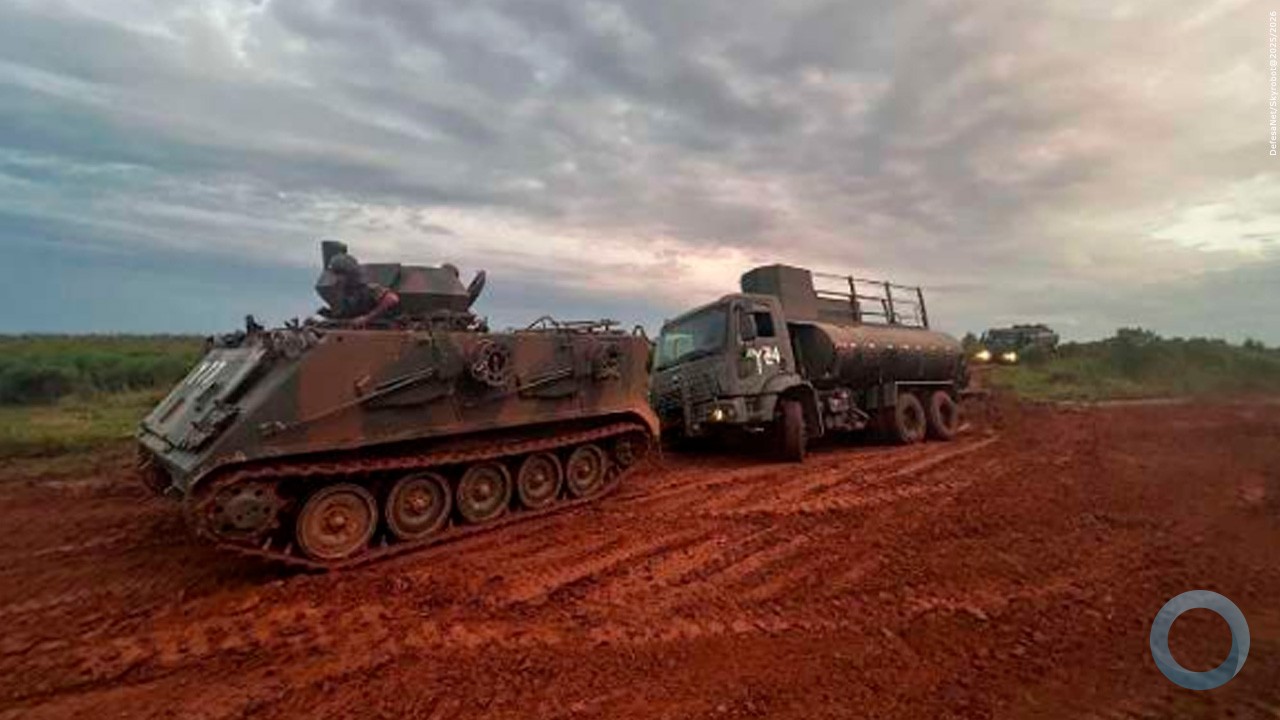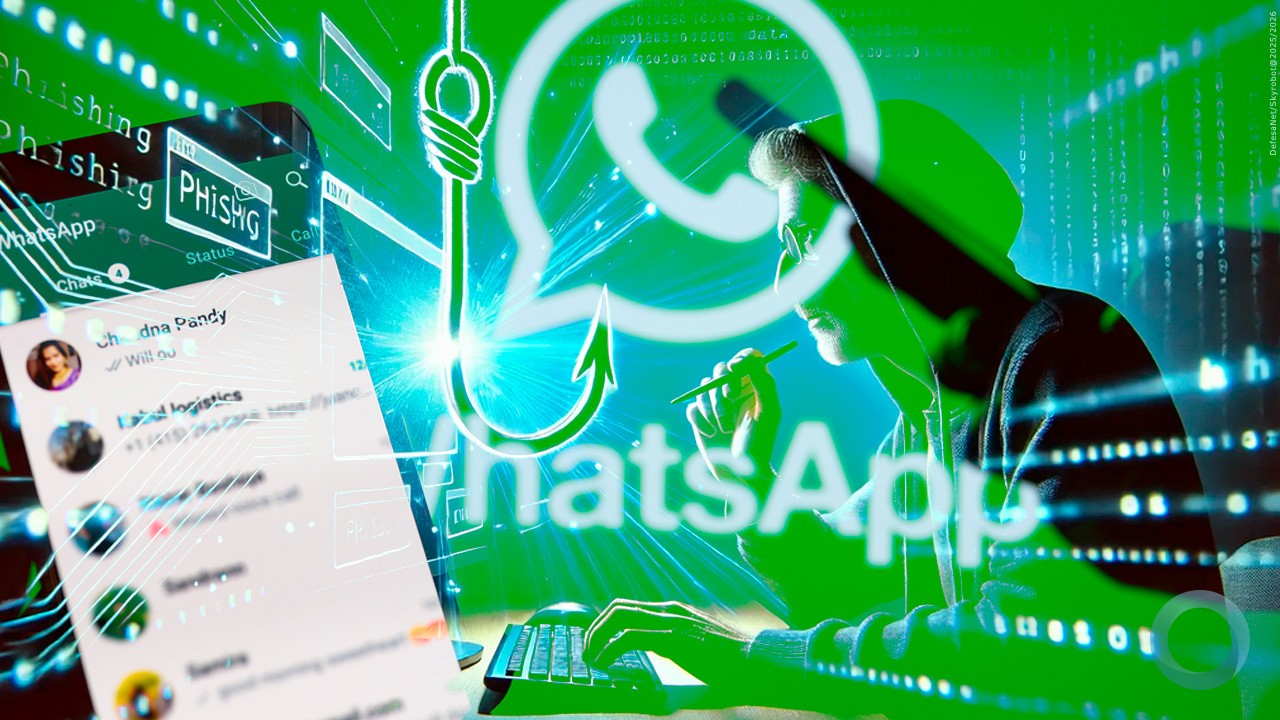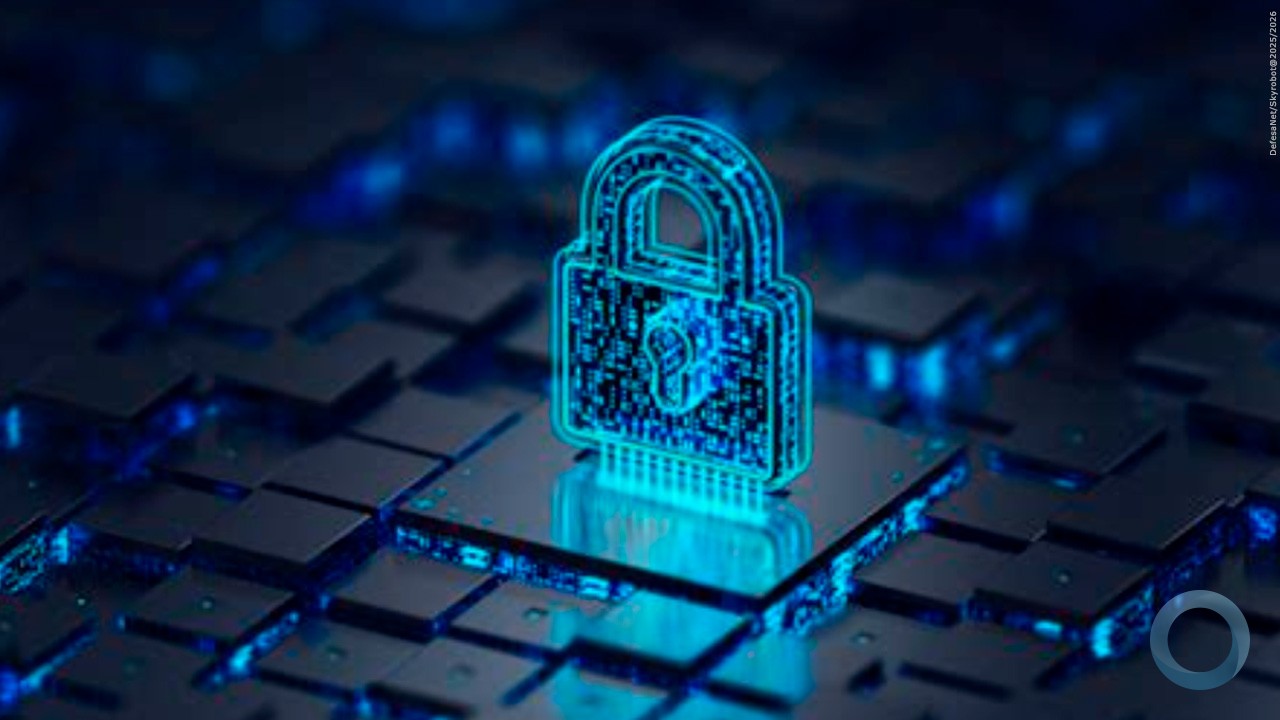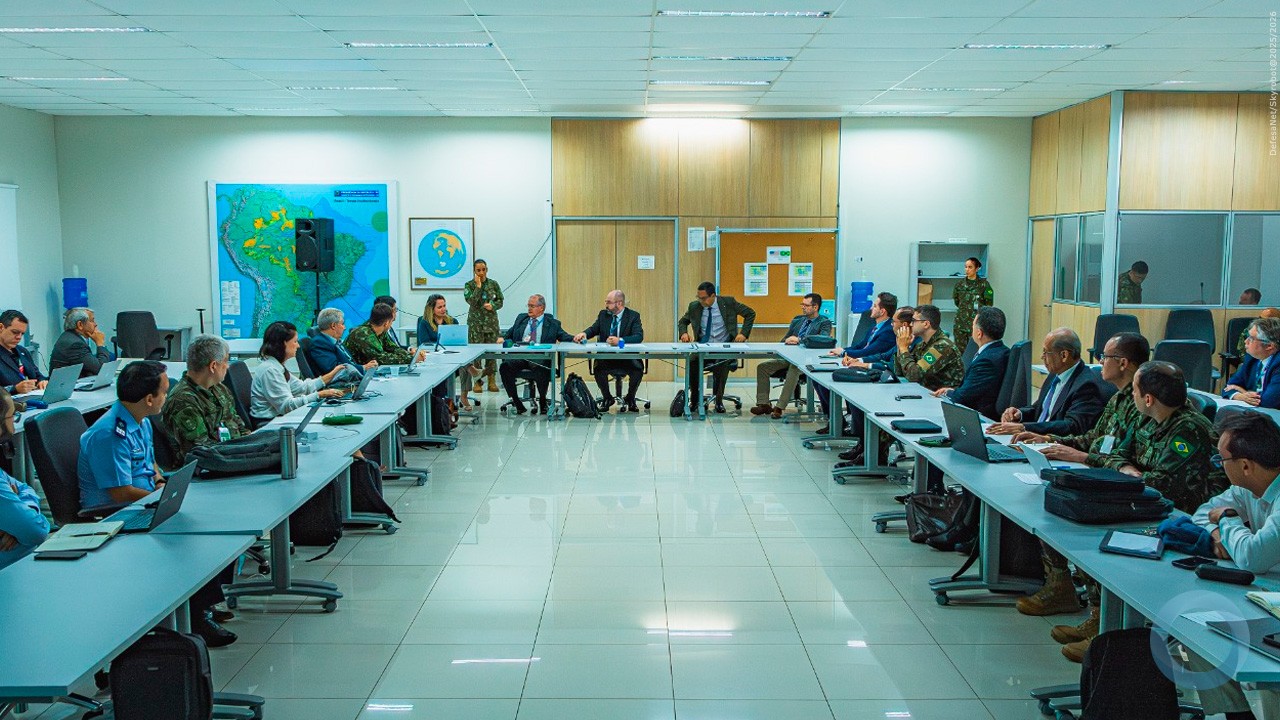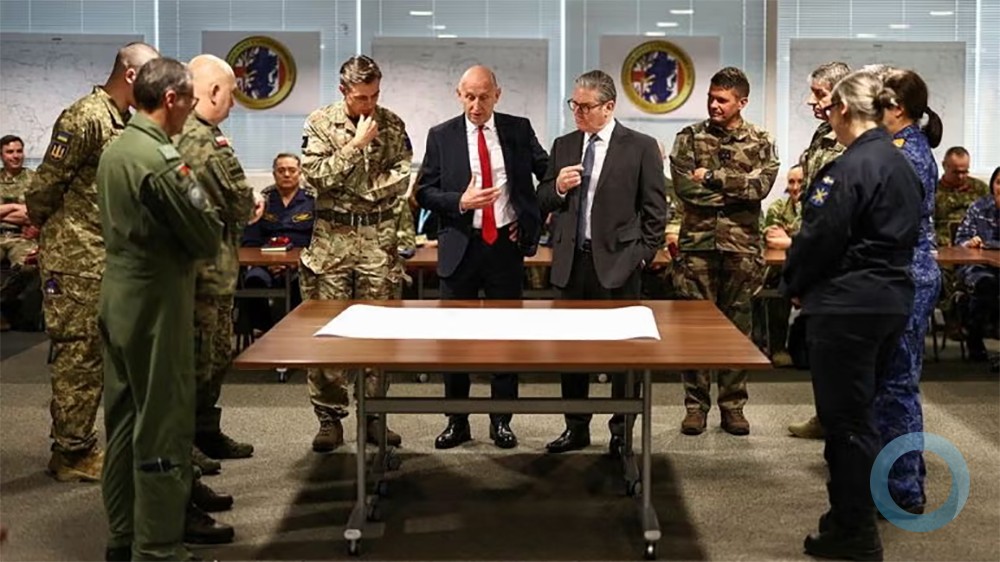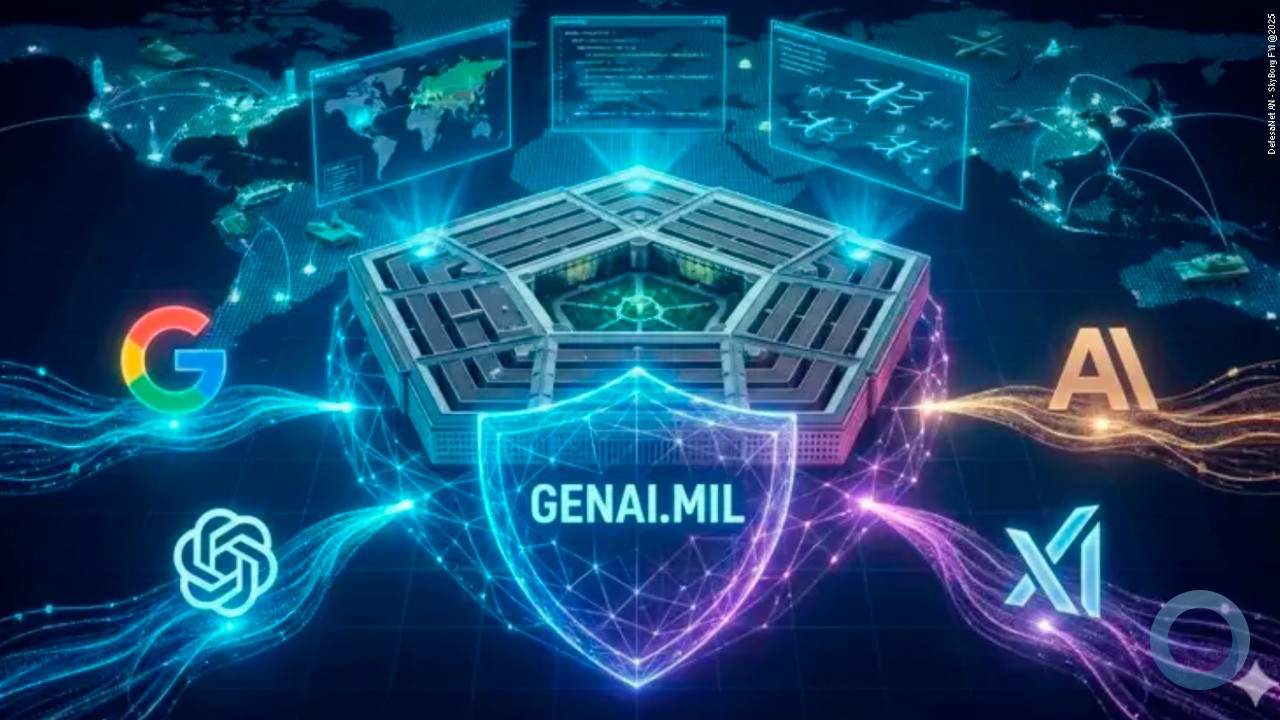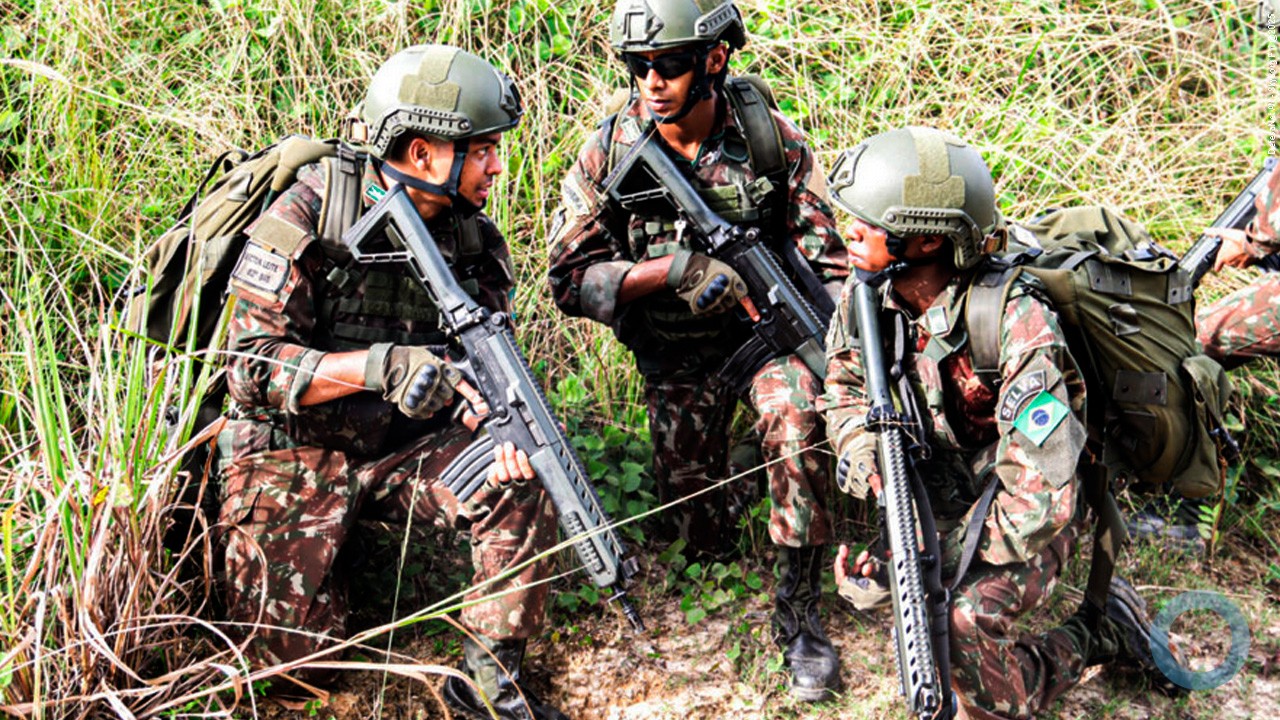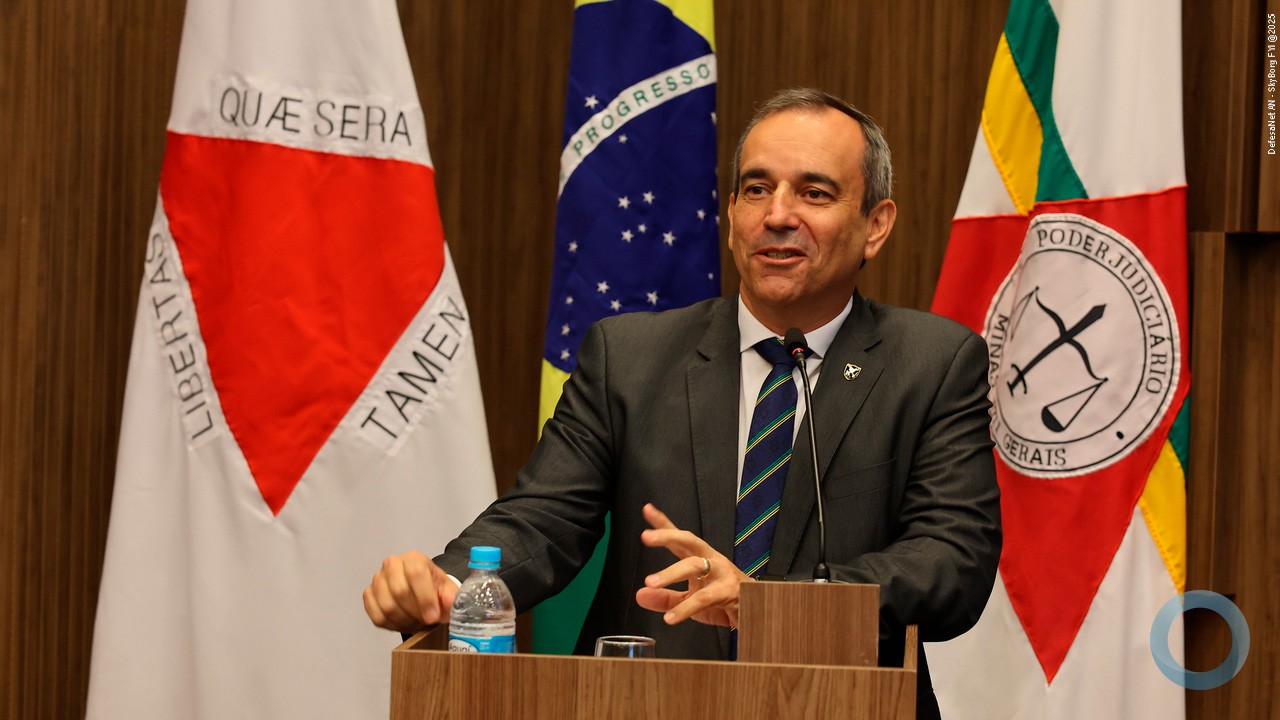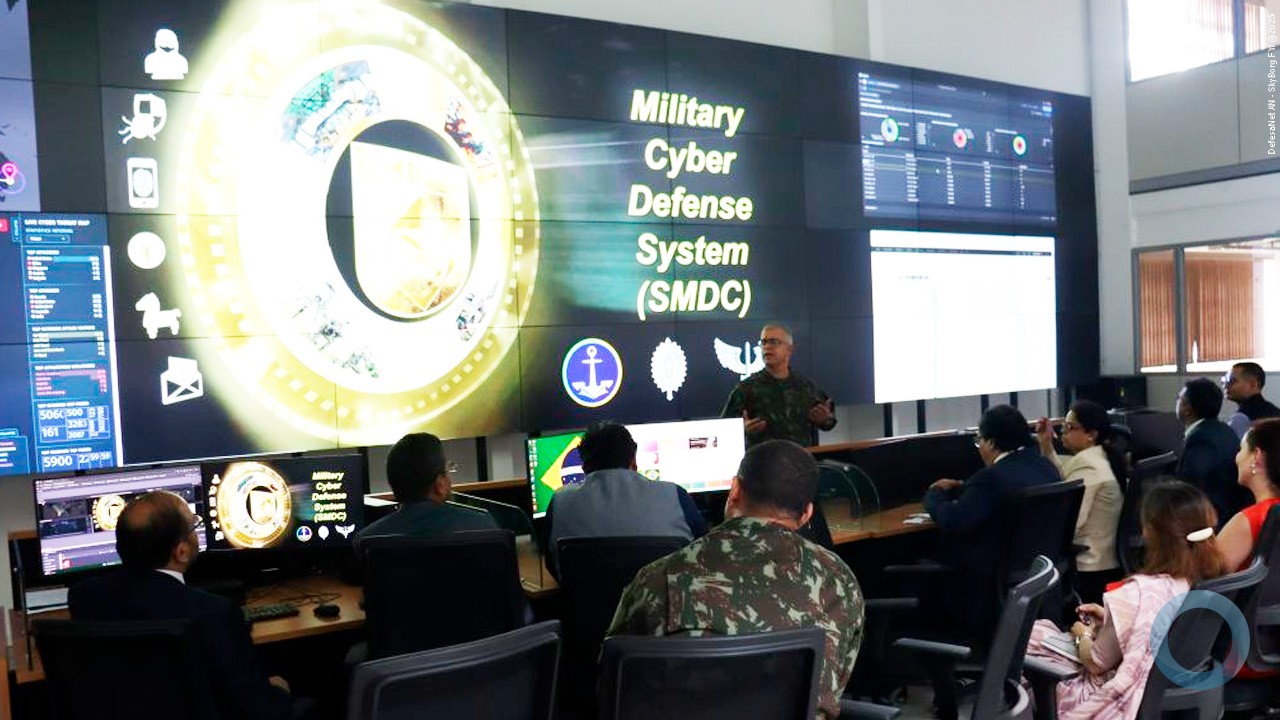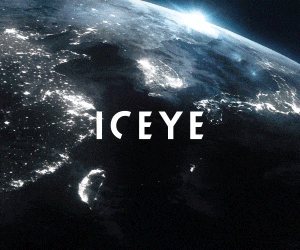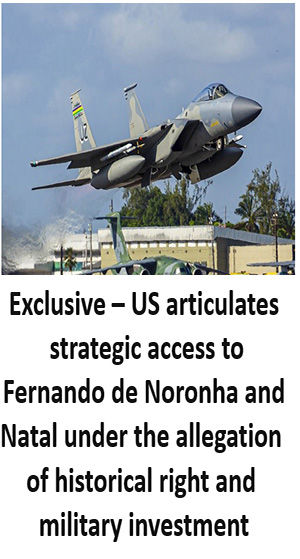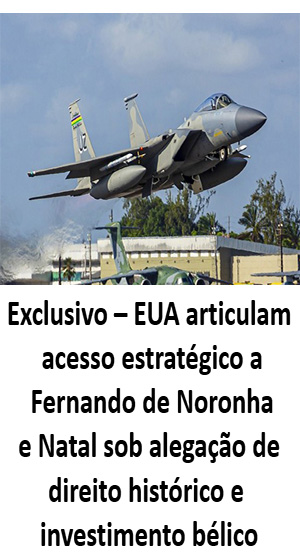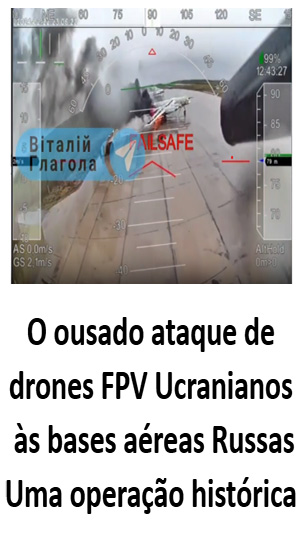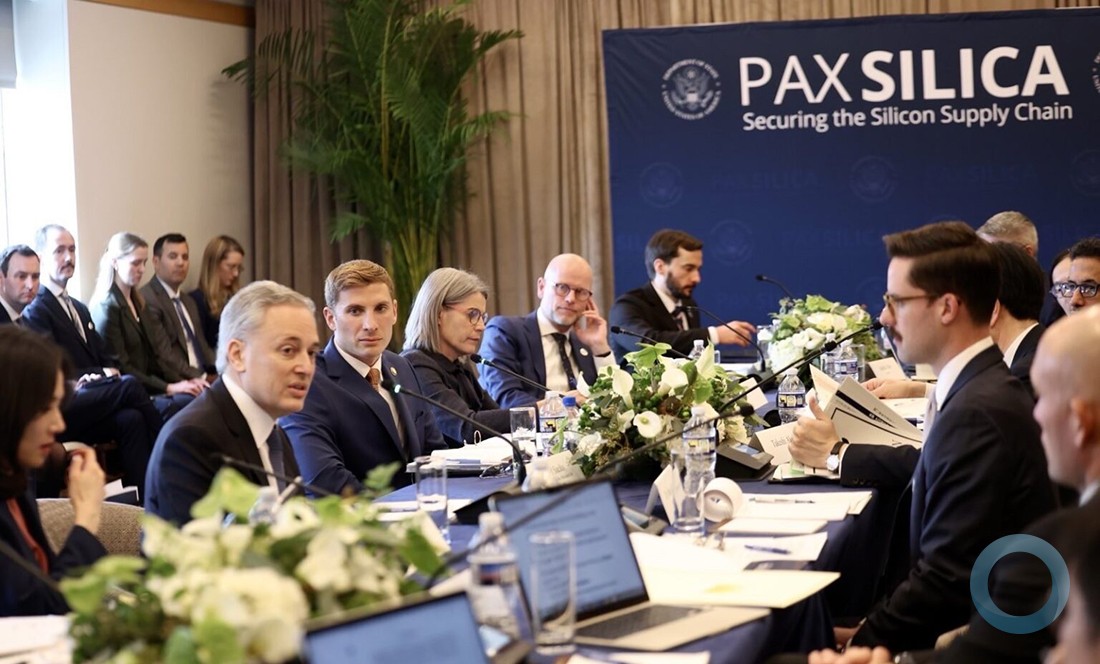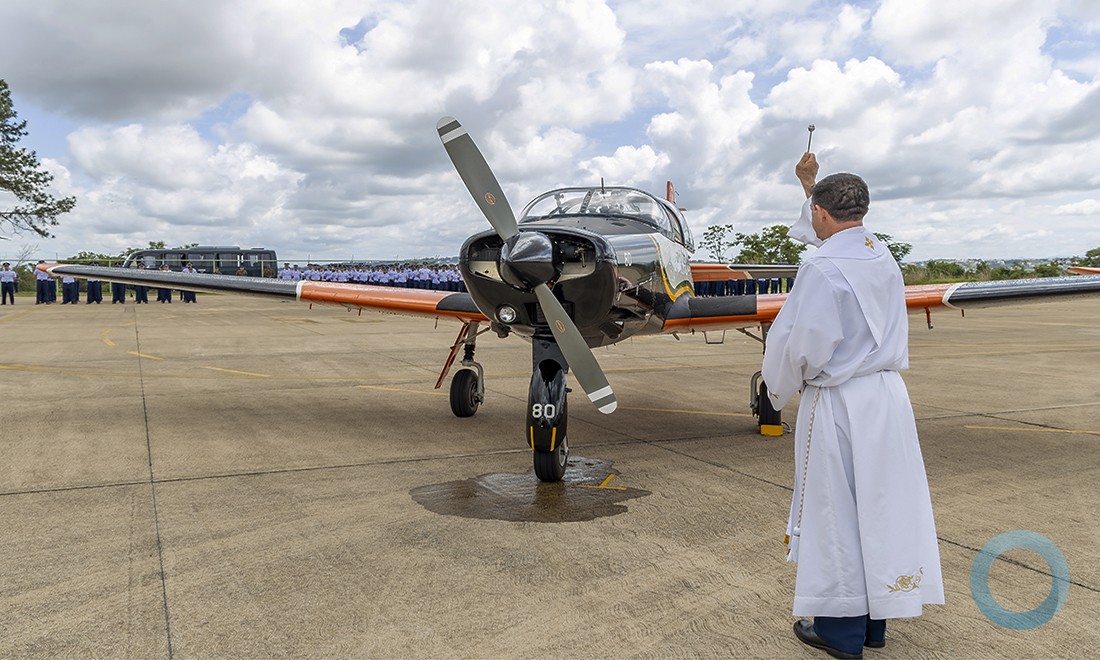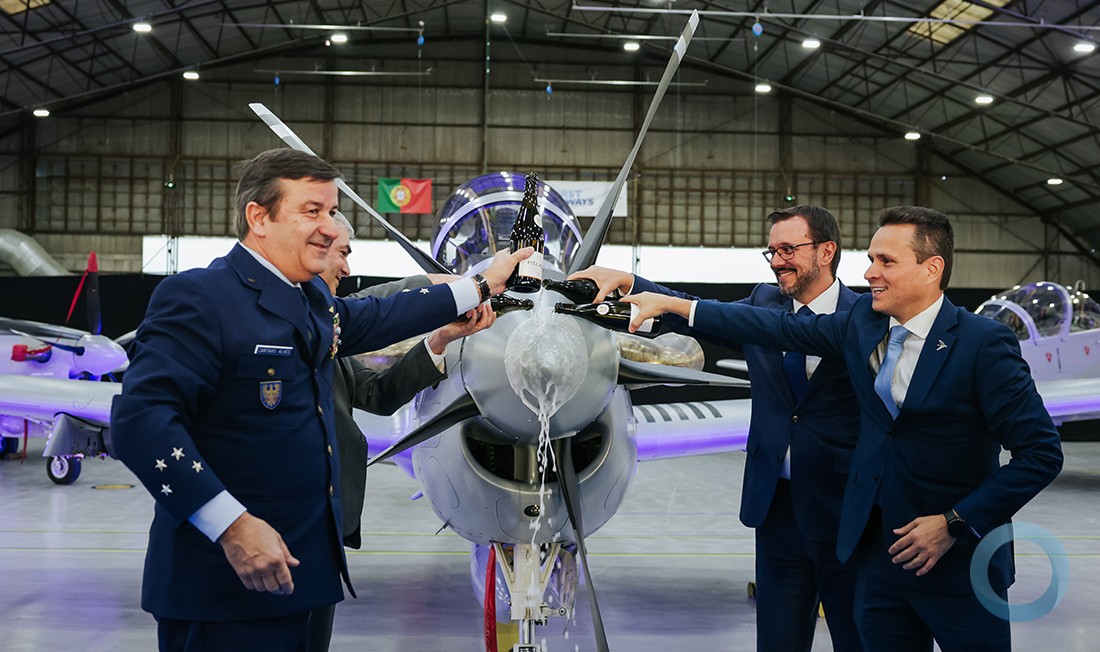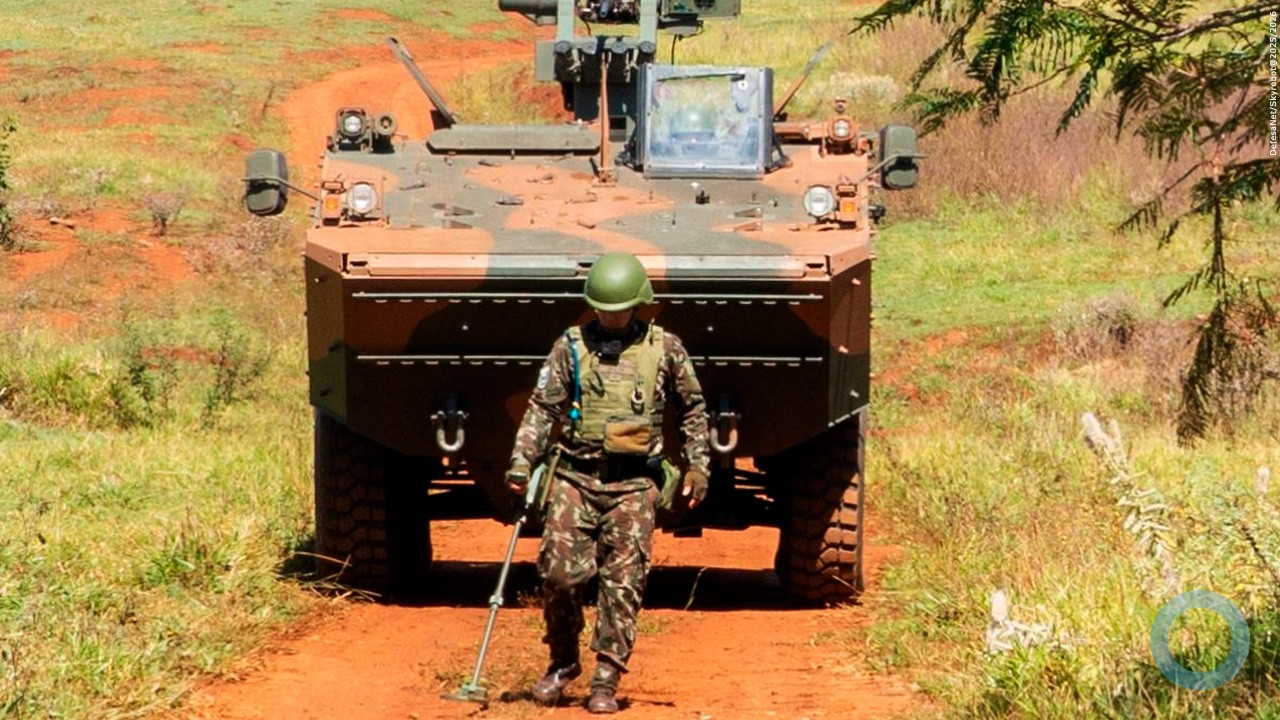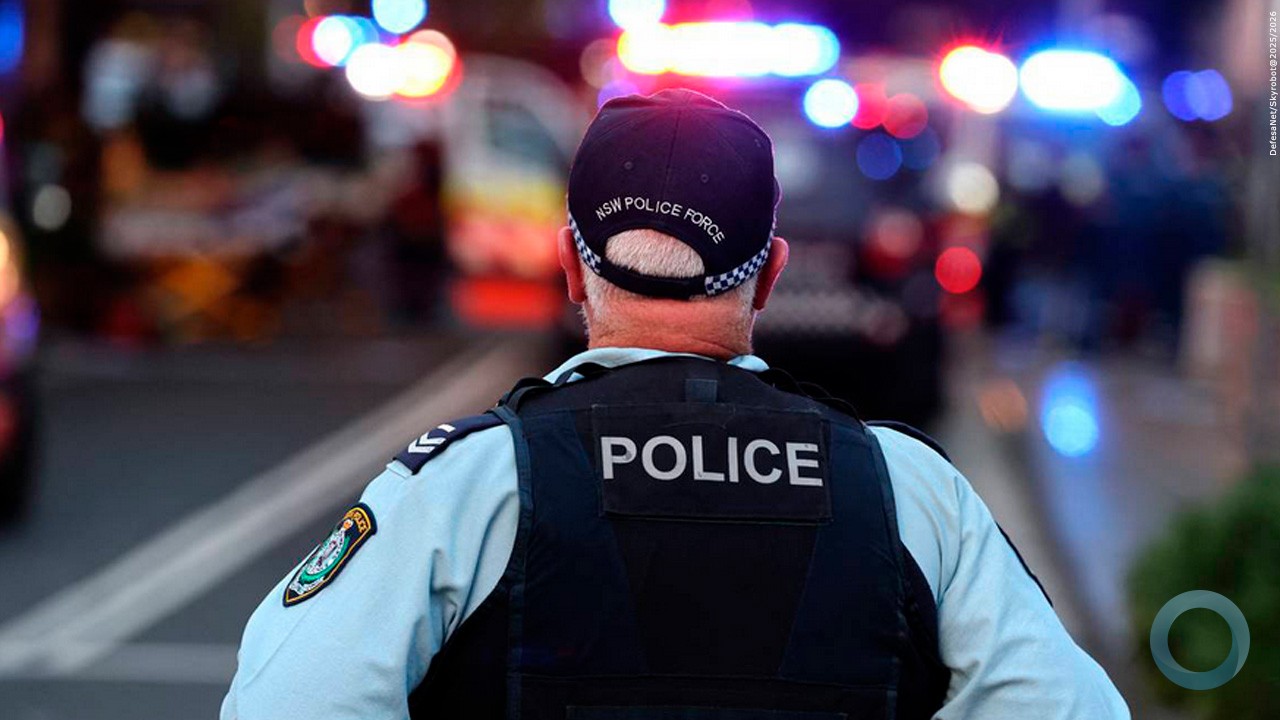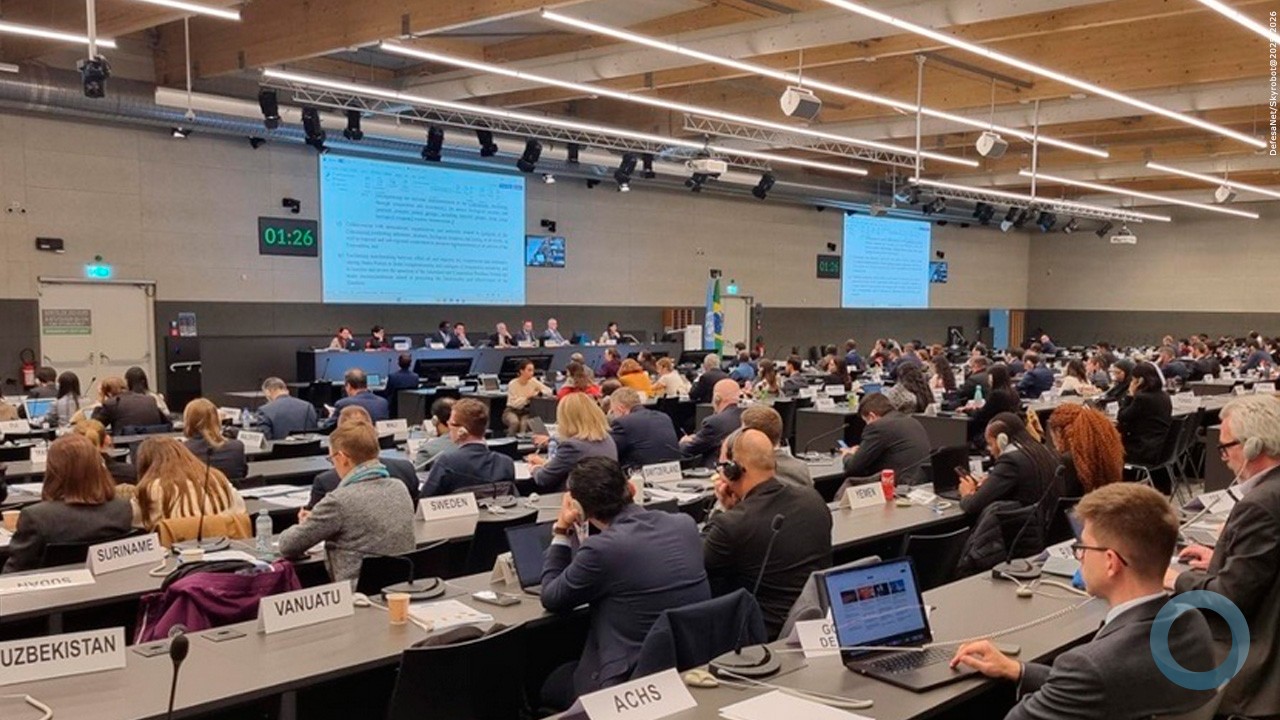Transcription as released by Kremlin.ru Official Russian Presidency website.
The annual special Direct Line with Vladimir Putin was broadcast live by Channel One, Rossiya-1 and Rossiya-24 TV channels, and Mayak, Vesti FM and Radio Rossii radio stations.
There were also a few personal questions. In the final part of the Direct Line, the President answered questions of his own choice.
During the live television broadcast that lasted 3 hours 54 minutes, the President responded to a total of 81 questions and appeals.
ANNA PAVLOVA:Yes, colleagues, thank you. We have a surprise video call, which I would describe as sensational. It was sent by a person who has made an information revolution by exposing a mass surveillance programme that affected millions of people around the world.
Mr President, you have a question from former intelligence agent Edward Snowden.
VLADIMIR PUTIN:Do I really?
EDWARD SNOWDEN: Zdravstvuyte. I'd like to ask you a question about the mass surveillance of online communications and the bulk collection of private records by intelligence and law enforcement services. Recently, the United States, two independent White House investigations, as well as a federal court all concluded that these programmes are ineffective in stopping terrorism. They also found that they unreasonably intrude into the private lives of ordinary citizens – individuals who have never been suspected of any wrongdoing or criminal activity; and that these kinds of programmes are not the least intrusive means available to such agencies for these investigative purposes. Now, I've seen little public discussion of Russia's own involvement in the policies of mass surveillance. So I'd like to ask you: Does Russia intercept, store, or analyse in any way the communications of millions of individuals, and do you believe that simply increasing the effectiveness of intelligence or law enforcement investigations can justify placing societies – rather than subjects – under surveillance? Thank you.
KIRILL KLEYMENOV:Mr President, did you get the gist of the question?
VLADIMIR PUTIN:Yes, by and large.
KIRILL KLEYMENOV:This is a professional question from Mr Snowden. You speak freely with foreign leaders during summit meetings, as we can see. But I will try to translate the question for our audience.
VLADIMIR PUTIN:Still, American English is slightly different…
KIRILL KLEYMENOV: I tried to write down the question, which, as I have said, concerns some professional aspects…
VLADIMIR PUTIN:As I understood it, he wants to know if we engage in electronic surveillance.
KIRILL KLEYMENOV: He asked about the mass surveillance of online communications and the collection of users’ private records. He said that the US federal court concluded that these programmes are ineffective in stopping terrorism. This is an important admission. He also said something about intrusion into the private lives of ordinary citizens. Mr Snowden also said that he had seen the public discussion launched in Russia on this topic. And, lastly, he has asked you if Russia intercepts, stores, or analyses in any way the communications of millions of individuals. He wants to know if you believe that such mass surveillance can be justified.
VLADIMIR PUTIN: Mr Snowden, you are a former intelligence officer, and I have worked for an intelligence agency, too. So let’s talk like two professionals. To begin with, Russia has laws that strictly regulate the use of special equipment by security services, including for the tapping of private conversations and for the surveillance of online communications. They need to receive a court warrant to be able to use this equipment in each particular case. So there is no, and cannot be any, indiscriminate mass surveillance under Russian law.
Since criminals, including terrorists, use these modern communication systems for their criminal activity, security services should be able to respond accordingly and use modern equipment to combat crime, including terrorism. Yes, we do this, but not on such a large scale and not arbitrarily. Hopefully – I hope very much – we will never act in this manner. Besides, we do not have such technical capabilities and funds as the United States. But the main thing is that, happily, our security services are strictly controlled by the state and society and their operation is strictly regulated by law.






